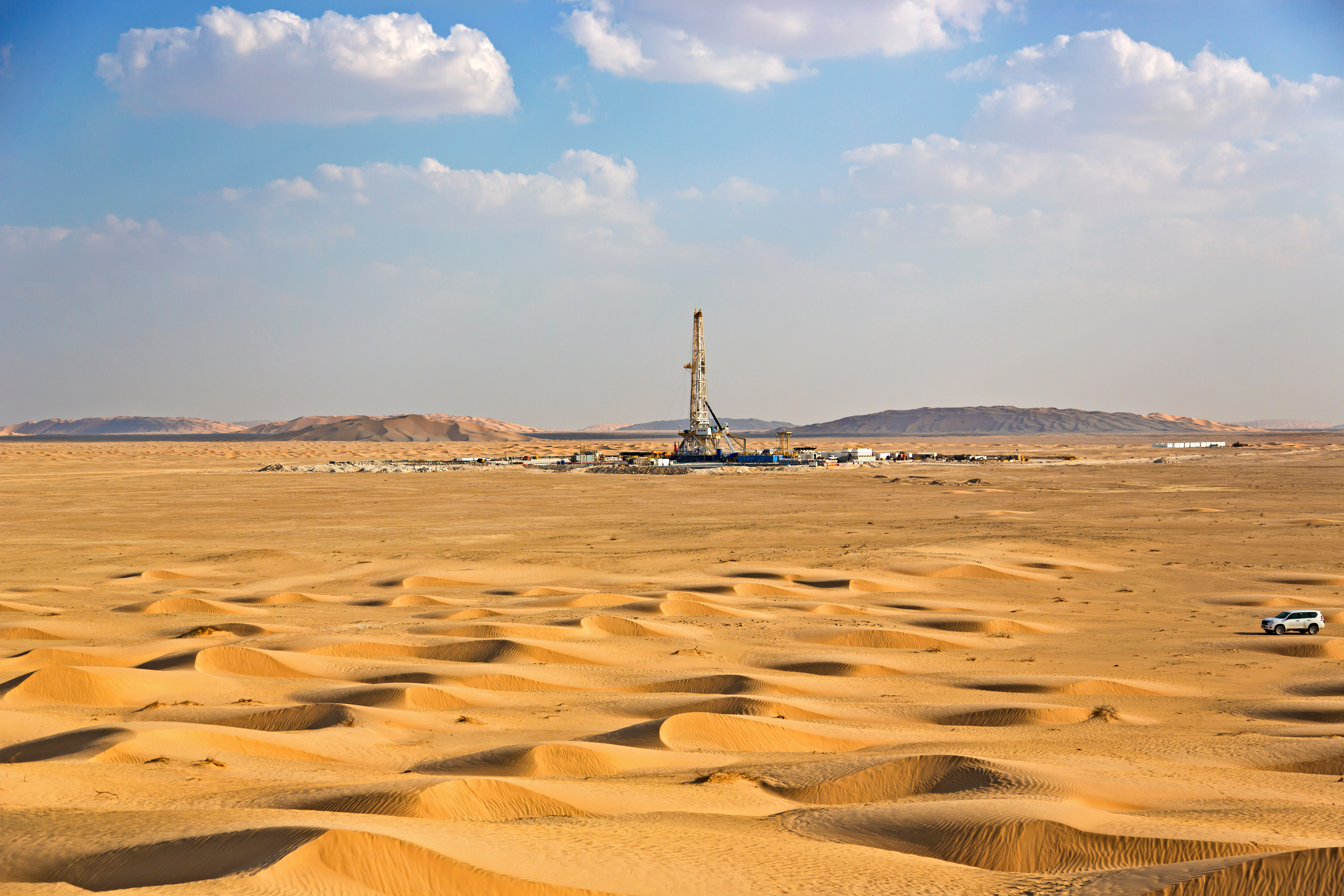Main missions
The role of the geological engineer is essential in understanding the geology of the basement, identifying petroleum reserves and providing valuable information for the planning and execution of operations.
The geological engineer plays a key role in the exploration, evaluation and exploitation of oil deposits. Thanks to his skills in geology and his in-depth analysis of data, he provides crucial information for decision-making.
Job activities
-
Geological formation evaluation: The geological engineer analyzes the available geological data to evaluate the composition, structure and properties of the geological formation in which the petroleum is trapped. It involves the study of drilling data, rock samples, and seismic data to understand the geometry and distribution of petroleum reservoirs.
-
Oil Reserve Forecasting: Using geological methods and reservoir models, the geological engineer is responsible for estimating the oil reserves present in a deposit. This involves creating 3D models of reservoirs, analyzing production data, and using simulation techniques to predict reservoir behavior over time.
-
Planning the location of boreholes: Based on the geological analysis, the geological engineer plays a crucial role in determining the optimal location of the boreholes. He uses his knowledge to identify potentially productive areas and suitable access points to maximize oil recovery.
-
Monitoring Drilling Operations: During drilling operations, the geological engineer monitors activities to ensure that geological formations are properly sampled and data is collected accurately. It can also help interpret real-time data to adjust drilling parameters if necessary.
-
Geological Data Analysis: The geological engineer analyzes the collected geological data, including drill cores, seismic data and well records, to better understand the geology of the deposit. It uses specialized software to interpret the data and generate updated reservoir models.
-
Interdisciplinary collaboration: The geological engineer works closely with other professionals in the petroleum industry, such as production engineers, geophysicists and technicians, to integrate geological aspects into the planning and exploitation of mineral deposits. oil. This collaboration allows a better understanding of the characteristics of the reservoir and an optimization of production.
Required skills
- Extensive knowledge of petroleum geology including stratigraphy, sedimentology, plate tectonics and geochemistry.
- Skills in the interpretation of geological data, including the analysis of drill core, seismic data and well records.
- Mastery of specialized software and tools used in the analysis and modeling of petroleum reservoirs.
- Reservoir modeling skills to predict reservoir behavior and estimate oil reserves.
- Ability to interpret geophysical data and integrate it into geological analysis.
- Knowledge of sampling and analysis techniques for rocks and petroleum fluids.
- Project management skills to plan and execute geological activities in a petroleum development project.
- Ability to work with multidisciplinary teams including production engineers, geophysicists and technicians.
- Communication skills to effectively present and communicate results of geological analysis to internal and external stakeholders.
- Knowledge of petroleum industry safety and environmental regulations and standards.







